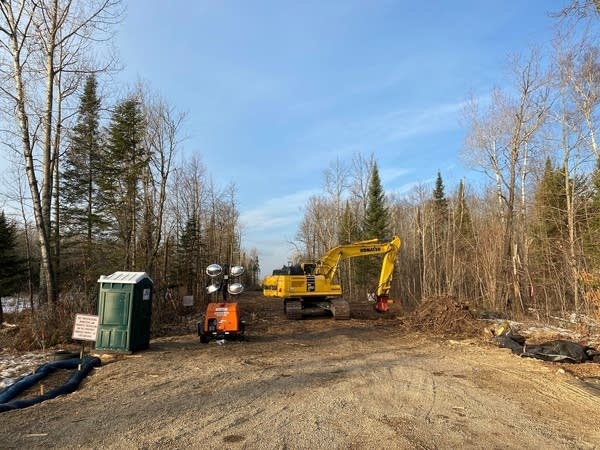Ojibwe bands ask for halt on Line 3 construction

Heavy equipment clears trees and brush from the Line 3 oil pipeline corridor in Aitkin County where the pipeline is planned to cross the Mississippi River on Dec. 10, 2020.
Dan Kraker | MPR News File
Go Deeper.
Create an account or log in to save stories.
Like this?
Thanks for liking this story! We have added it to a list of your favorite stories.


